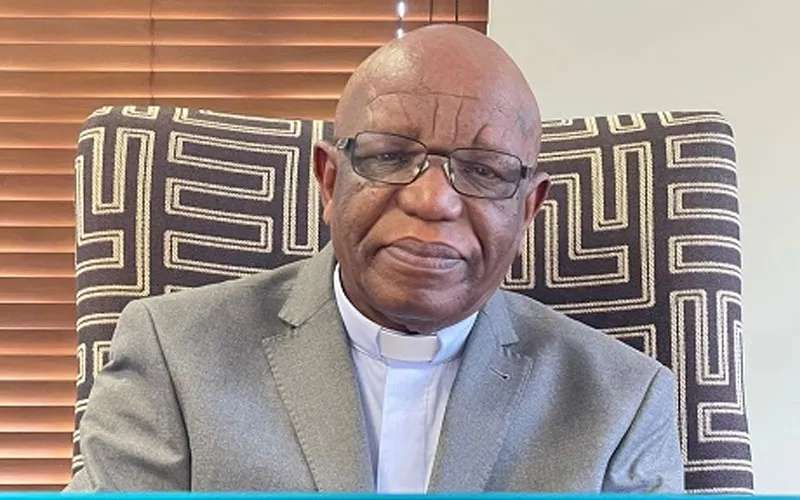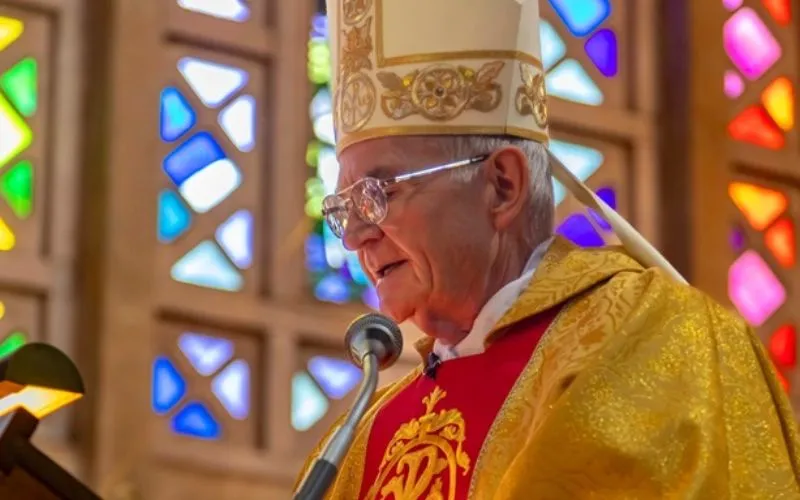In a separate study, SIHMA reported that “undocumented children in South Africa fall into a perpetual cycle of statelessness – many children whose parents are asylum seekers become stateless when administrative duties are neglected, or under the law they are unable to register for citizenship.”
“Stateless children are unable to access primary education, write matric examinations or have any form of legal identification. One of the most if not the most essential aspects for acquiring citizenship is having a birth certificate. Without a birth certificate, children become invisible”, the November 2020 report indicated.
In his presentation during the April 20 SECAM virtual conference, Archbishop Tlhagale acknowledged the role of the Church in accommodating stateless children, saying, “Private schooling has been created by some of the schools here for children without documentation.”
In May last year, Archbishop Tlhagale highlighted the challenge of accessing formal education in South Africa when one is “stateless”.
In an interview with ACI Africa, he said, “We have been battling in South Africa regarding statelessness, regarding children who are unable to go to school.”
(Story continues below)
The South African Catholic Archbishop explained, “It's okay when you're still at primary school. But once you reach grade twelve, you need an identity document. And those who have not been registered, do not have ID documents, and therefore fall out of the system.”
“It is very unfair for young people at the age of 16, 17, 18, who do not have ID documents as it becomes very difficult for them to go on to higher education or to be employed,” he lamented during the 11 May 2022 interview.
Meanwhile, a couple of years ago, South Africa’s Aliwal Diocese succeeded in having 77 children who had crossed over from the Kingdom of Lesotho legally accepted in South Africa.
“These children were expelled from the local schools and were told to provide the school with birth certificates. Unfortunately, they did not have them,” the Local Ordinary of the South African Catholic Diocese, Bishop Joseph Mary Kizito told ACI Africa in July 2021 interview.
In the 2 July 2021 interview, the Ugandan-born Bishop who was consecrated in February 2020 recalled his journey with stateless children, saying, “I started reaching out to the children who came to Sterkspruit and in Aliwal North way before I even became Bishop. I realized that the children crossed the porous border in search of food. The Kingdom of Lesotho is relatively peaceful and so, the children were obviously not fleeing violence. They were just running away from poverty.”
“I was still a Priest when I joined other people in the Church to campaign for the recognition of these children. The journey wasn’t easy and it took us four years to have some of the children who had South African fathers accepted in the country. We even went to court armed with very good lawyers to advocate for the rights of these children,” Bishop Kizito told ACI Africa in July 2021.
Silas Mwale Isenjia is a Kenyan journalist with a great zeal and interest for Catholic Church related communication. He holds a Bachelor’s Degree in Linguistics, Media and Communication from Moi University in Kenya. Silas has vast experience in the Media production industry. He currently works as a Journalist for ACI Africa.








